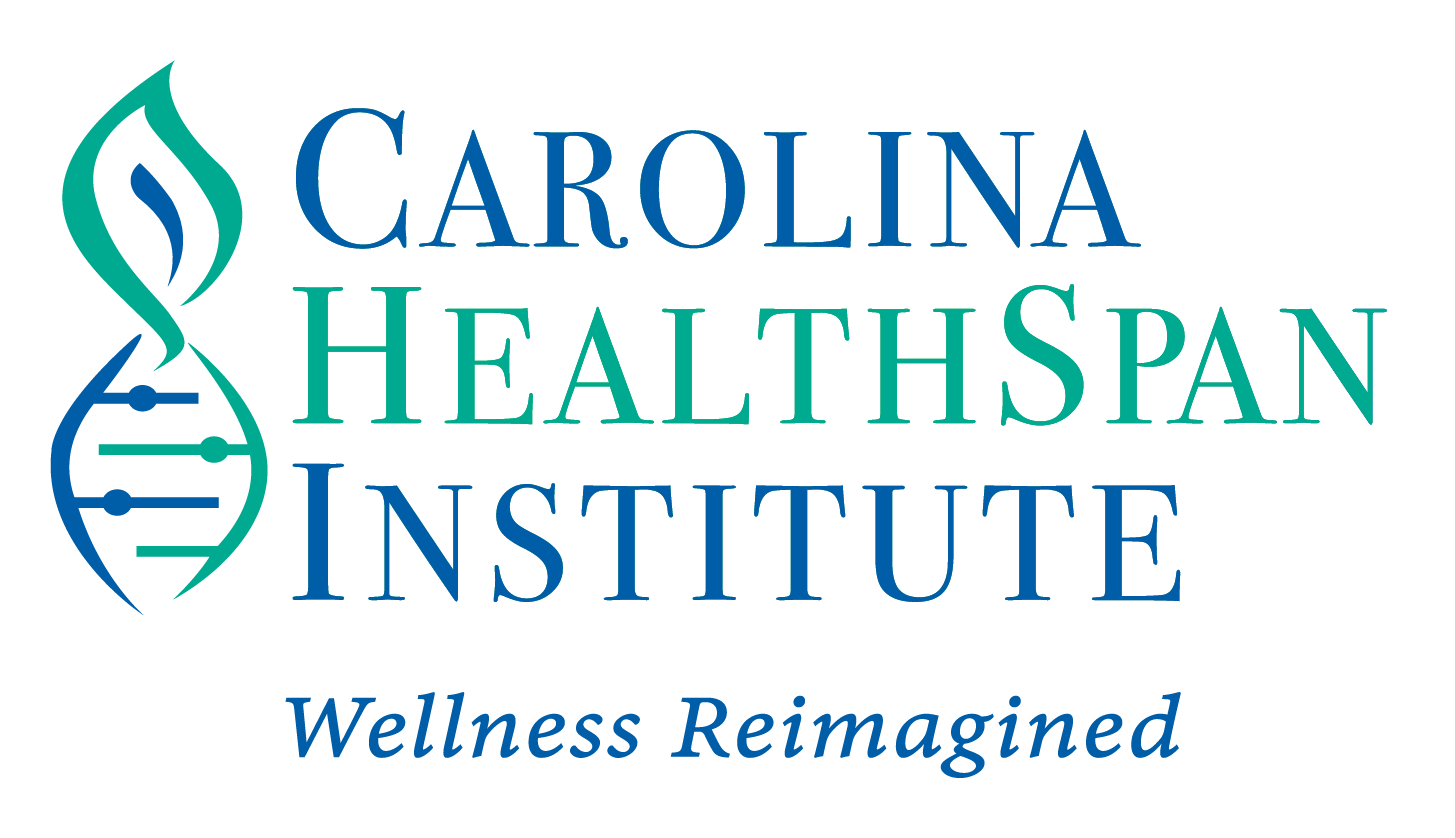
In order to understand what Leaky Gut is, we have to review the anatomy of the digestive tract. The intestinal lining is very thing, with special cells that are held tightly together in order to properly digest food, absorb micronutrients, and filter out toxins and pathogens. These tight junctions are compromised when exposed to diets high in refined sugar, processed food, genetically modified foods, medications and antibiotics, nutrient deficiencies, and stress.
As a result, intestinal inflammation makes the lining of the intestine too porous with increased permeability. Consequently, it allows the entry of the undigested food particles, toxins, and microorganisms into the bloodstream, which triggers an inflammatory immune response. This exaggerated response creates a cycle of further inflammation in the lining of the intestine and a greater loss of intestinal integrity. When this intestinal barrier is broken down and damaged, it makes us unable to properly digest food and produce the essential enzymes necessary for digestion. If ignored, this will lead to malnutrition, increased inflammation, food sensitivities, bacterial and/or yeast overgrowth and impaired immune integrity. The cycle will continue to become worse until significant lifestyle changes and healing can occur.
The sad reality is that the standard American lifestyle is full of factors that destroy these beneficial microorganisms. These factors include processed foods, additives, and chemicals in our foods, genetically modified organisms and medications ranging from antibiotics to birth control.
Restoring Your Gut Health
Inflammation:
Inflammation in the lining of the gut is another condition that interferes with the GI tract function. It can create food intolerances and other inflammatory reactions. Eliminating food from your diet that you know causes symptoms is great, but it is also important to heal the lining of the gut so that this inflammatory cascade doesn’t lead to other issues like heart disease, diabetes, and autoimmune disease. Arthritic conditions and skin problems like acne, eczema, and psoriasis can also be linked to this problem.
– Tip: Try keeping a daily food journal. Write down as soon as you start having symptoms, what kind of symptoms, how long after eating did they occur, and what foods you are eating.
Reduced Acid and Digestive Enzymes:
Reduced acid and digestive enzymes can also be an underlying cause of GI tract dysfunction. Anyone who has ever been on antacids or acid-reducing medications is going to have issues with their gut function. When lifestyle factors and stress have diminished the stomach acid and digestive enzymes, it causes food to be improperly digested. With the intake of processed foods, trans fats, and fast foods, our ability to produce these important enzymes diminishes. Our body will then try to compensate and pull from other sources that are necessary for immune regulation and inflammation control, continuing to result in diminished health. When symptoms like gas, bloating, and indigestion being to appear, medications are usually the first step taken. This only worsens the issue at hand, causing further poor digestion and gastrointestinal health. In addition, this reduction in acid production and enzymes means the body is no longer protected from unwanted organisms like yeast overgrowth, parasites, and bad bacteria that amplify the disease processes.
Recommendation: Probiotics are one of the key supplements used in restoring bacterial balance. Most people use probiotics of some kind, but not all probiotics are created equal. We recommend highly researched and properly prepared probiotics to ensure the replenishing of the dozens of strains of beneficial bacteria that are not found in most products over the counter. – Orthobiotic Probiotic, CHI recommended!
